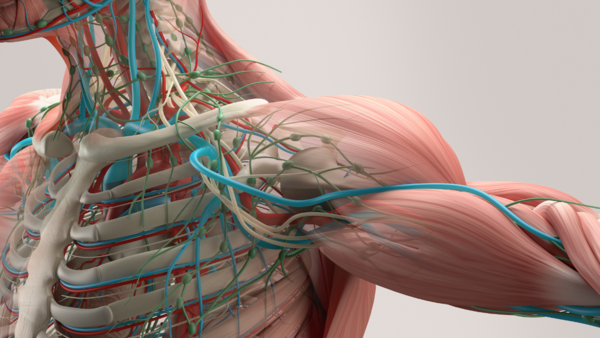What exactly is the role of vitamin D
Vitamin D is important for the body to absorb calcium, which is necessary for building and maintaining strong bones. Deficiency in this vitamin can lead to rickets in children, a condition that makes the bones weak and soft and potentially increases the risk of fractures. Given its importance, vitamin D has become a common supplement, with many believing it to be a straightforward solution for strengthening bone health in kids.
Questioning the effectiveness of vitamin D supplements
A study conducted by researchers from Harvard T.H. Chan School of Public Health and Queen Mary University of London has provided surprising insights into the effectiveness of vitamin D supplements. Contrary to the popular belief that these supplements are of no use for bone health issues in children, the study found no significant improvement in bone strength or a reduction in fracture risk among children who were given vitamin D supplements.

Image: CANVA
Focusing on the study
The researchers conducted a comprehensive trial involving 8,851 schoolchildren aged 6 to 13 in Mongolia, a country known for its high prevalence of vitamin D deficiency and childhood fractures. The children received a weekly oral dose of vitamin D for three years. Despite a substantial increase in vitamin D levels, there was no noticeable improvement in bone strength or reduction in fracture risk.
What does the study imply?
The study’s findings suggest that simply increasing vitamin D levels through supplements may not be enough to improve bone health in children. It’s also necessary to understand that while vitamin D is necessary for calcium absorption, other factors also play significant roles in bone strength, including diet, physical activity, and overall health.
The researchers also emphasised that their findings are specific to children with low vitamin D status who have not yet developed severe bone complications. The importance of adequate vitamin D intake for the prevention of rickets remains undisputed. The recommended daily intake of 400 IU of vitamin D for children is essential to prevent deficiencies that could lead to more severe health issues.
Natural ways to boost bone health in children
Given the mixed results from vitamin D supplementation studies, it’s essential to look at holistic approaches to improve bone health in children. Here are some natural and effective strategies:
Balanced diet rich in calcium and vitamin D
Ensuring that children consume a balanced diet that includes sufficient amounts of calcium and vitamin D is fundamental. Dairy products like milk, cheese, and curd are excellent sources of calcium. Fatty fish, fortified cereals, and egg yolks are good sources of vitamin D. For children with dietary restrictions, fortified plant-based milks and juices can be alternatives.
Physical movement
Physical activity, particularly weight-bearing exercises like running, jumping, and playing sports, is crucial for building and maintaining strong bones. Activities that apply pressure on the bones help stimulate bone growth and strength. Encouraging children to engage in outdoor play and sports can significantly contribute to healthier bones.
Safe sun exposure
Natural sunlight is a great source of vitamin D. Encouraging children to spend time outdoors in the sun can help their bodies produce sufficient vitamin D. It’s important to balance sun exposure to avoid the risk of skin damage. Aim for short periods of sun exposure, preferably in the morning or late afternoon.
Healthy Lifestyle choices
Encouraging a healthy lifestyle that includes adequate sleep, hydration, and avoiding excessive intake of sugary drinks and snacks can also support bone health. Good overall nutrition supports the body’s ability to build and maintain strong bones.
How to Take Vitamin D Supplements ??




